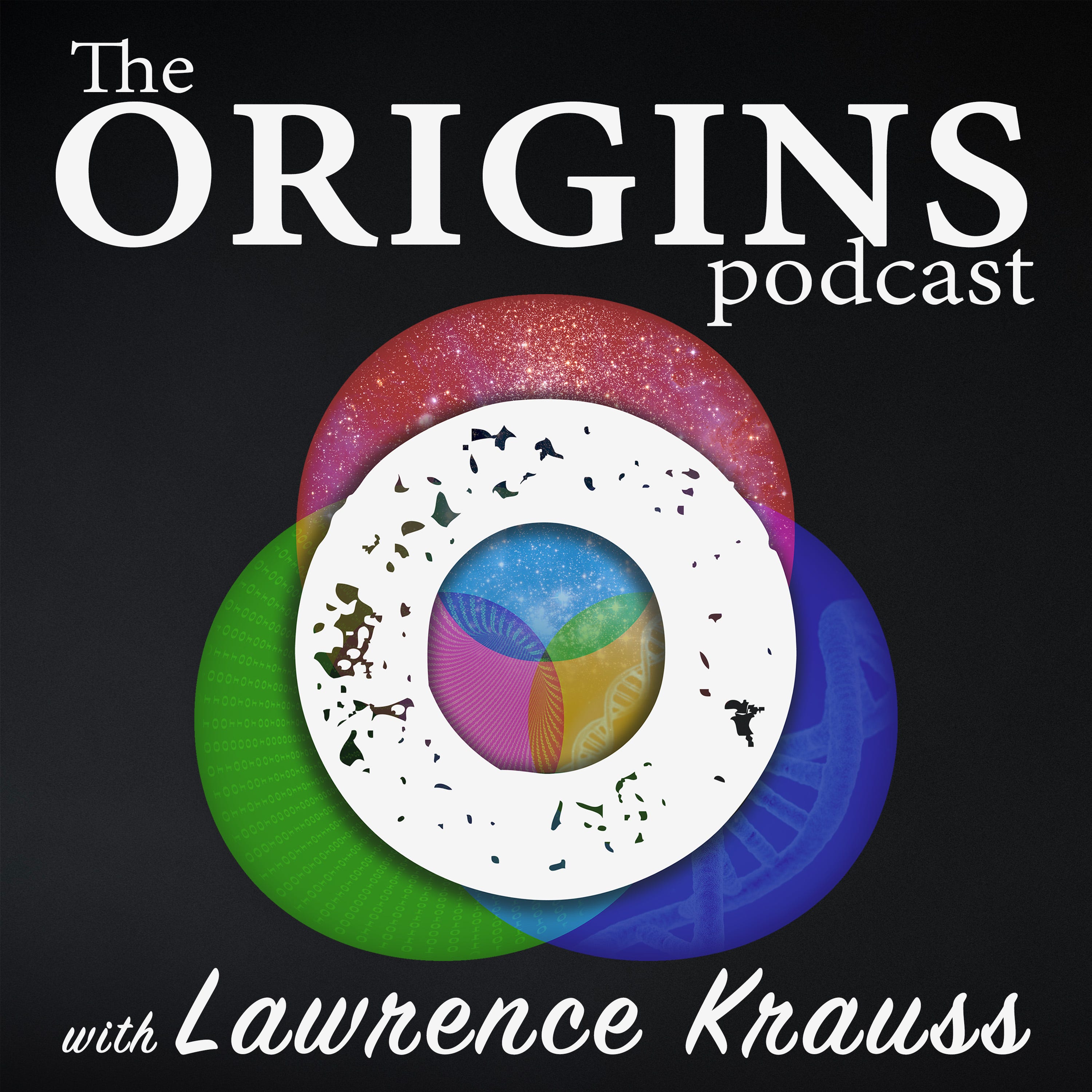
Many of you will have been waiting for this podcast after my brief review of Annie Jacobsen’s new book Nuclear War: A Scenario on Critical Mass. I took advantage of our discussion to flesh out some of the harrowing details of her remarkable fictional account of a plausible 72 minutes which began with the launch of a single nuclear missile from North Korea and concludes effectively with the end of modern civilization on the planet. As I indicated in my review, as former Chair of the Board of Sponsors of The Bulletin of the Atomic Scientists for over a decade, the horrors of nuclear war were well-known to me, but the realization of how quickly a scenario such as Jacobsen envisages might actually play out was something I had never really imagined.
Jacobsen is no stranger to thinking about defense issues and has penned numerous books on defense-related issues, including a history of the Defense Advanced Research Projects Agency (DARPA), that was a finalist for the Pulitzer Prize in history. She is also a seasoned fiction writer for television, penning three episodes of Tom Clancy’s Jack Ryan. Her new book combines her interest in nuclear war related issues, and interviews with a host of military officials involved in nuclear war planning over the past five decades, with her skill in framing a tense dramatic narrative. The result is compelling.
I know from experience that most people would rather avoid thinking about the threat of nuclear war. But it is only by confronting it directly that the public might have a possibility of at least slowing the military juggernaut, powered by a combination of a huge bureaucracy that works effectively to maintain its existence, and a cold war mentality the drives efforts to continue to grow and modernize our nuclear weapons establishment—all the while in spite of the fact that everyone who has seriously thought about nuclear war knows it is unwinnable. As Einstein, who helped found the Bulletin’s Board of Sponsors said over 60 years ago, with the creation of Nuclear Weapons “Everything has changed, save the way we think”. My hope is that discussions like this one may help us change even that.
As always, an ad-free video version of this podcast is also available to paid Critical Mass subscribers. Your subscriptions support the non-profit Origins Project Foundation, which produces the podcast. The audio version is available free on the Critical Mass site and on all podcast sites, and the video version will also be available on the Origins Project YouTube.
Get full access to Critical Mass at lawrencekrauss.substack.com/subscribe
More Episodes
 2023-11-03
2023-11-03
 2023-10-18
2023-10-18
 2023-09-01
2023-09-01
 2023-05-27
2023-05-27
 2023-02-04
2023-02-04
Create your
podcast in
minutes
- Full-featured podcast site
- Unlimited storage and bandwidth
- Comprehensive podcast stats
- Distribute to Apple Podcasts, Spotify, and more
- Make money with your podcast
It is Free
- Privacy Policy
- Cookie Policy
- Terms of Use
- Consent Preferences
- Copyright © 2015-2024 Podbean.com






